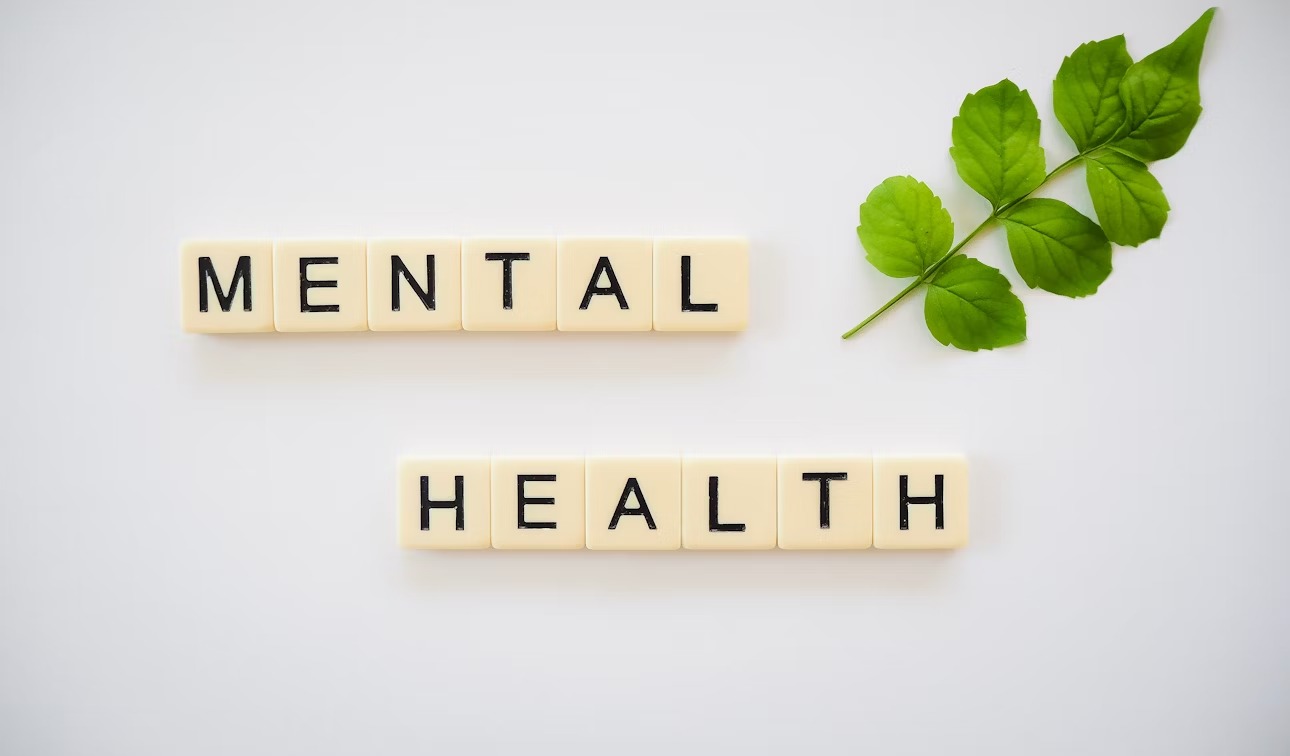Online vs. In-Person CE Courses: Pros and Cons for Mental Health Professionals

Continuing education (CE) is not just a means of obtaining an active license but a chance for skill development, knowledge enhancement, and updating the understanding of ethical considerations for mental health professionals. Sometimes, that thought creeps into the minds of therapists and counselors: which way do I want to take my CE credits, online or in person?
When you consider it, you are not alone. Here are some pertinent comparisons of each so that you can make an informed choice and determine which best fits his or her learning preferences and goals.
The Rise of Online CE Courses
Pros:
- Flexibility According to Your Schedule: Classes can be availed anytime – lunch, night, and weekends. This is for the busy practitioners who are busy with clients, families, and self-care; it might just save time!
- Great Scope of Topics: More options in online formats might include more offerings, such as trauma-informed practices or cultural competency.
- Money Saved: Travel expense, hotel stay, and general fee reduction in the course.
Cons:
- Limited Interaction: Perhaps, live sessions would be organized by some platforms; however, most of the courses are self-paced, in which case there wouldn’t be much chance of having any discussion in real time.
- Technical Issues: Have you ever experienced a Wi-Fi loss during a session? It happens.
- Opportunity for Distraction: Checking email while online in class is totally tempting.
The Value of In-Person CE Courses
Pros:
- Networking Possibilities: The importance of meeting peers face-to-face cannot be replicated online. Hallway talk could provide a referral or become a mentorship.
- Immersive Learning: Being in a dedicated environment away from distractions allows for heightened engagement.
- Hands-On Practice: Some workshops, like those teaching new therapeutic techniques, are best learned through in-person practice.
Cons:
- Travel Commitment and Time: Conferences or workshops may frequently require days away from your practice and personal life.
- Higher Cost: Consider registration fees, transportation, lodging, and meals.
- Less Flexibility: You are essentially tied down to specific dates and times that may not be convenient for you.
Ethical Considerations for Mental Health Professionals
Regardless of format, ethics must remain at the forefront. Topics like confidentiality, boundary management, and cultural sensitivity feature quite heavily in conventional CE courses. Missing out on them could put your license in danger – they’re at stake with client trust, too. In deciding between online and in-person, ask:
- Does the course meet my state’s licensing requirements?
- Is the content relevant to the ethical challenges I face in my practice?
- Can I effectively retain and apply this knowledge in this learning format?
Conclusion
When it suits your needs best, online courses are probably going to be worth your time. If, on the other hand, you require the attention and activity that comes with in-person meetings, those might be the better investment.
Visualize your career in a year. Is it one of convenience, or is it for more networking and hands-on learning? The answer should guide you toward which CE option is best.
Wherever you are, in your office or flying to a conference, the main goal is that your CE courses assist you in improving your practice while ensuring the ethical considerations for mental health professionals.



